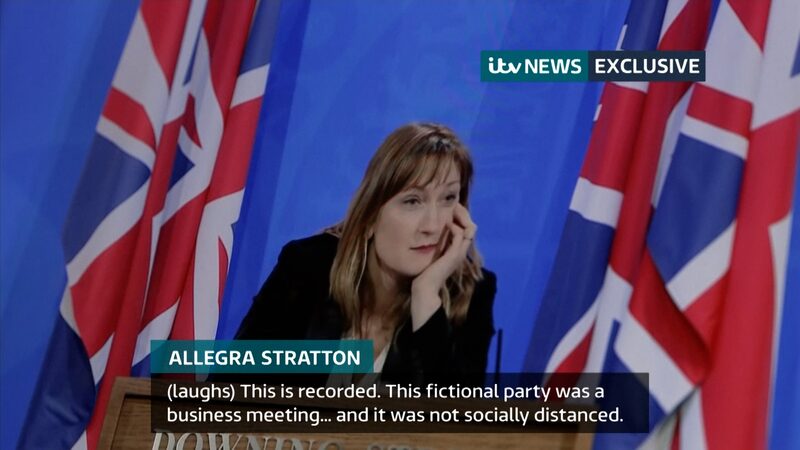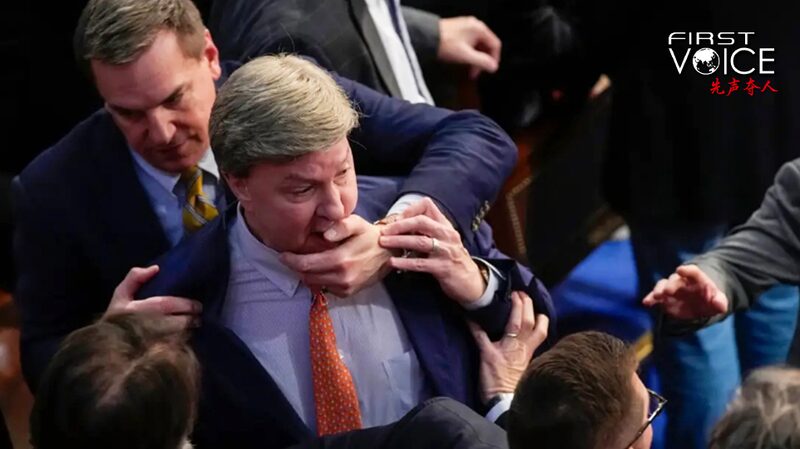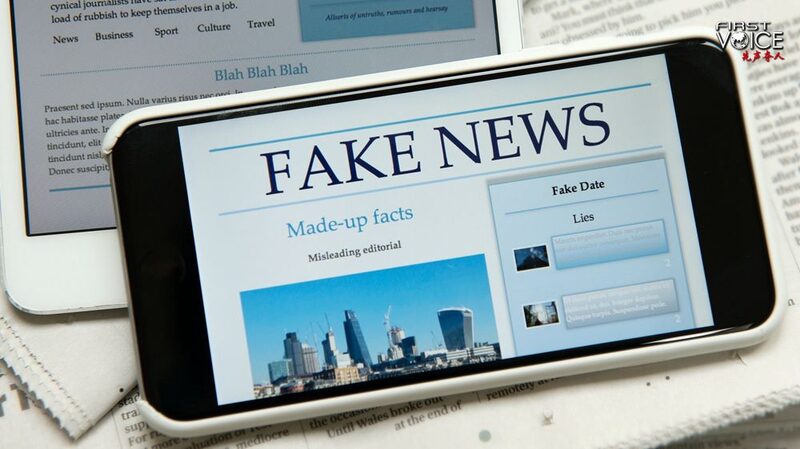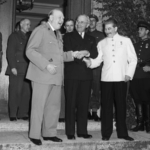🚨 Britain’s freshly elected Labour government, led by Prime Minister Keir Starmer, is grappling with its first major crisis as violent riots erupt nationwide—the worst social unrest since 2011. Sparked by a tragic stabbing that killed three young girls and injured several others in a quiet English town, the chaos has exposed simmering tensions over inequality, misinformation, and far-right agitation.
The Unrest Unfolds
Protests began peacefully but quickly spiraled into clashes with police, arson attacks, and looting. Authorities allege disinformation about the crime’s motives—amplified online—fueled public anger. Far-right groups reportedly exploited the tragedy to stoke division, complicating efforts to restore calm.
A Test for Starmer’s Leadership
Prime Minister Starmer called the riots a 'stark reminder of fractures in our society,' pledging to address root causes like economic disparity and distrust in institutions. Critics argue his administration’s response has been reactive, highlighting challenges in balancing security and social reform.
Experts Weigh In
London School of Economics’ Prof. Iain Begg warns: 'This isn’t just about crime—it’s about communities feeling unheard.' David Ferguson of Foreign Languages Press adds, 'Social media’s role in spreading hate cannot be ignored.' Meanwhile, China University’s Zhang Biao emphasizes global parallels: 'Unrest often reveals systemic issues governments can’t afford to ignore.'
🌟 As Britain navigates this crisis, questions linger: Can Starmer’s team bridge deep societal divides? And what does this mean for a nation still redefining itself post-Brexit? Stay tuned for updates.
Reference(s):
cgtn.com






